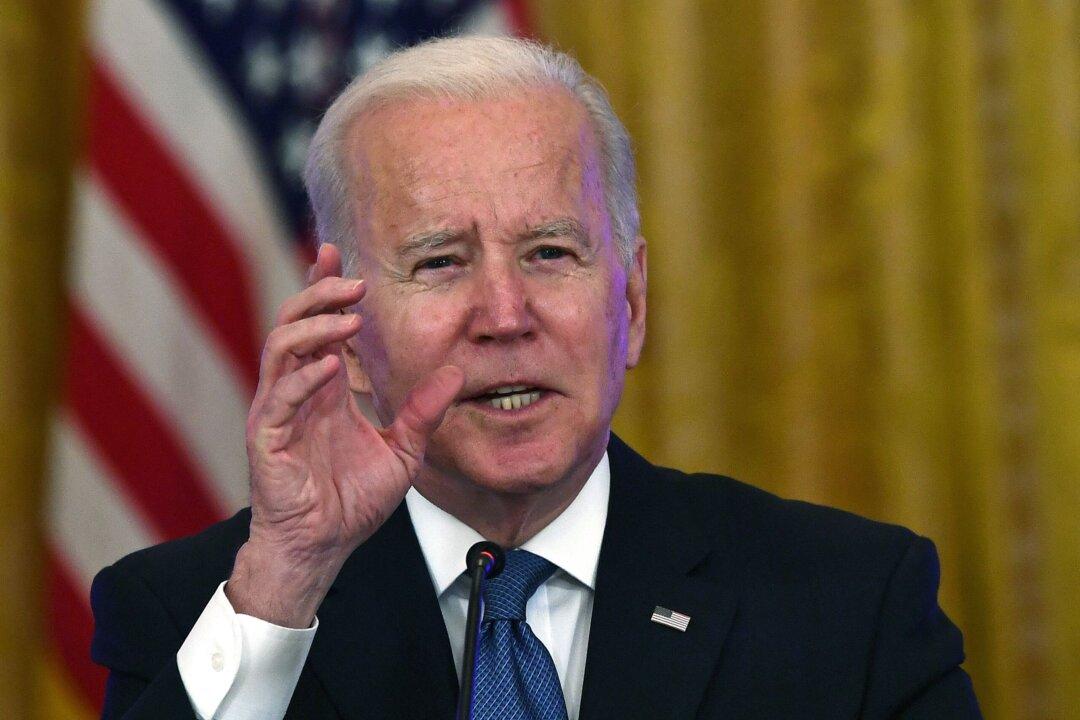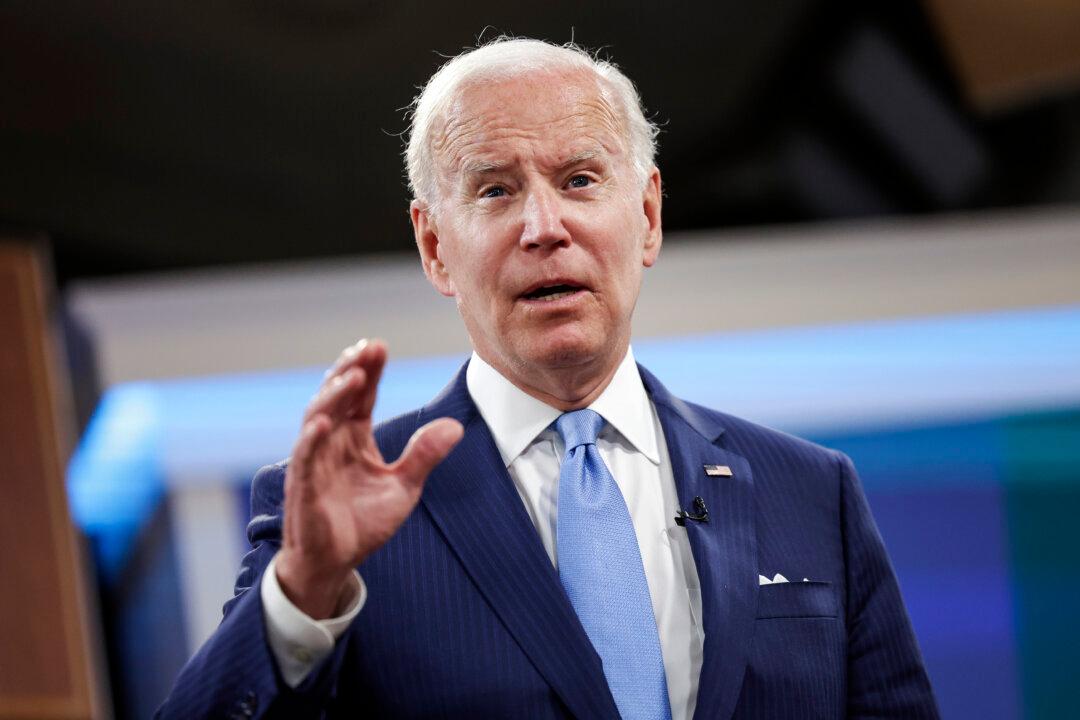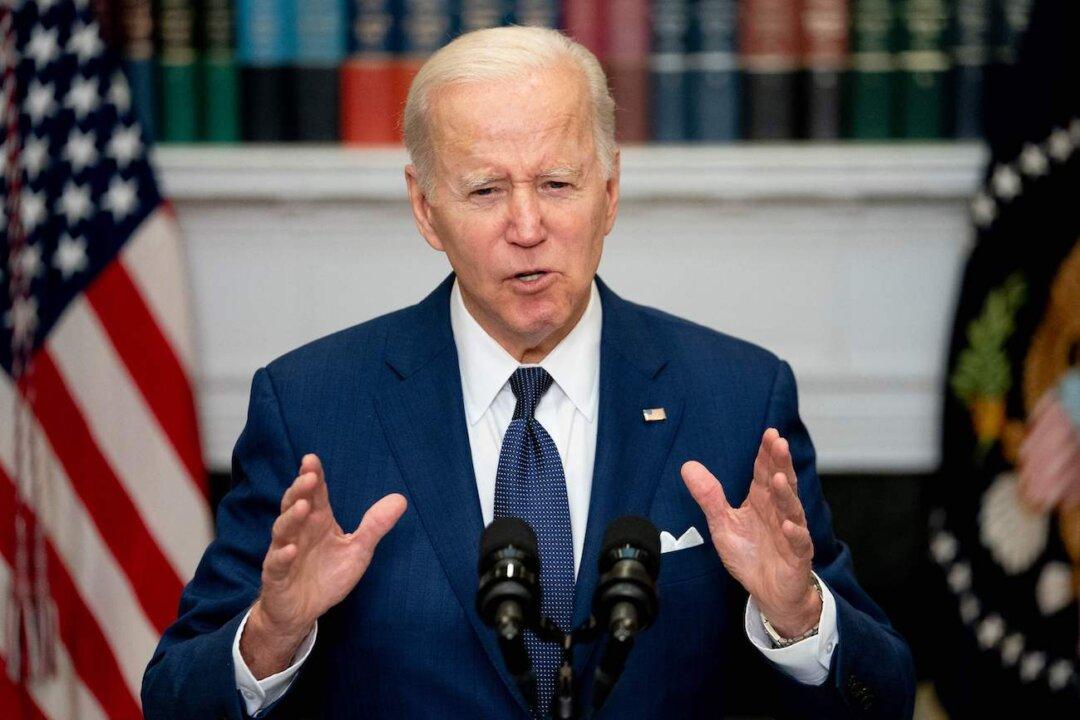President Joe Biden issued a joint statement Friday with EU President Ursula von der Leyen to take measures to sure up energy supplies to Europe, which depends largely on natural gas from Russia.
The statement released on Jan. 28 announces a joint commitment to “the progressive integration of Ukraine with the EU gas and electricity markets.” It also renews a commitment to the carbon emission reduction goals of the Paris Climate Accord, describes efforts to avoid “supply shocks” that could result from a further Russian invasion of Ukraine, and calls on all major energy-producing countries to help ensure world energy markets are stable and well-supplied.




